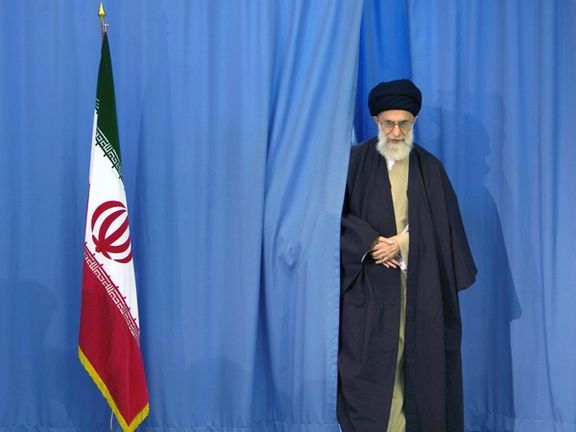Richard Nephew, former US deputy special envoy for Iran during part of Joe Biden's presidency, said the level of trust between President Donald Trump and his special envoy Steve Witkoff augured well for the talks.
Still, as the negotiations are set for their third round on Saturday and first set of technical talks, the devil may be in the technical details.
"We haven't yet really seen a pretty clear sense of consistency or attention to detail on the technical side," he said in an interview with the podcast.
"Nuclear talks in general, but absolutely these, which have a 22-year history at this point, definitely could use a little bit more of the technical, a little more of the expert practitioner side," he added.
The ability of inspectors to understand and access the Iranian nuclear program which has advanced far further beyond levels reached when previous nuclear deal will also be key to success, Nephew said.
"That job is harder now than it was in the past. There's a lot less that is known about Iran's current centrifuge production activities than was known at the time. There are more hidden sites. There are storage locations."
Nephew was Washington's lead sanctions expert in the team which inked the 2015 agreement, from which Trump withdrew in 2018 during his first term.
That decision means it will not just mean the US side will be seeking commitments from Iran, he said, but Tehran will want to be sure Washington will not promptly withdraw again.
"I think the biggest thing, and this is the thing the Iranians have been looking for, and I think it's also part of the US approach here too, is guarantees for performance going forward. And I think for the Iranian, this is obviously a very serious issue because the United States did withdraw in the past."
'Talks are no reward'
While Tehran's staunchest critics have criticized US-Iran nuclear talks as legitimizing an irredeemable enemy, Nephew said diplomacy should be seen as a strategic tool and not a reward.
“I have to smile when I hear about diplomacy being seen as a reward. I couldn't disagree more with that,” Nephew said. “Diplomacy is a national security and foreign policy tool. If you see diplomacy as a tool, then you can't also see it simultaneously as a reward.”
In a recent interview with the Washington Free Beacon, maverick Democratic Senator John Fetterman deployed salty language to advocate ending talks and bombing Iranian nuclear sites.
“Waste that shit,” Fetterman said. “You’re not going to be able to negotiate with that kind of regime that has been destabilizing the region for decades already.”
Nephew argued that diplomacy paired with rigorous verification and inspections remains the best path while acknowledging that diplomacy was no panacea.
“You can’t put all your chips on diplomacy,” he said, emphasizing the need for a credible military contingency in the background. But a strike, he warned, wouldn’t be quick or clean.
“A military option would, at a minimum, create chaos across what remains of the Iranian nuclear program,” he explained. “If I'm sitting in Tehran after US military strikes, after I've lost Hezbollah, Hamas, Shia militia groups, and similar assets, it's hard to imagine the regime saying, ‘Yes, let’s make strategic concessions now.’”
You can watch the full interview with Richard Nephew on YouTube, or listen on any major podcast platform like Spotify, Apple, Amazon or Castbox.









